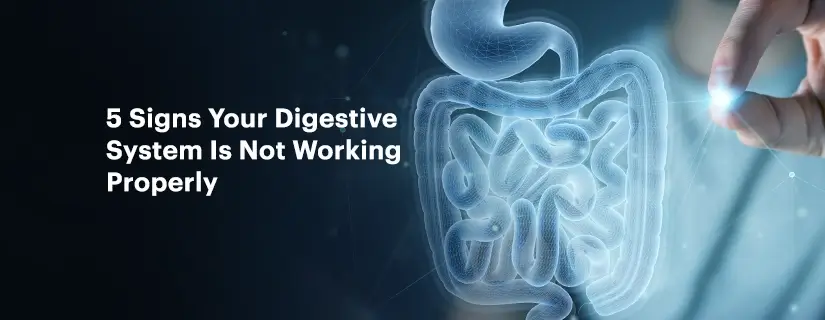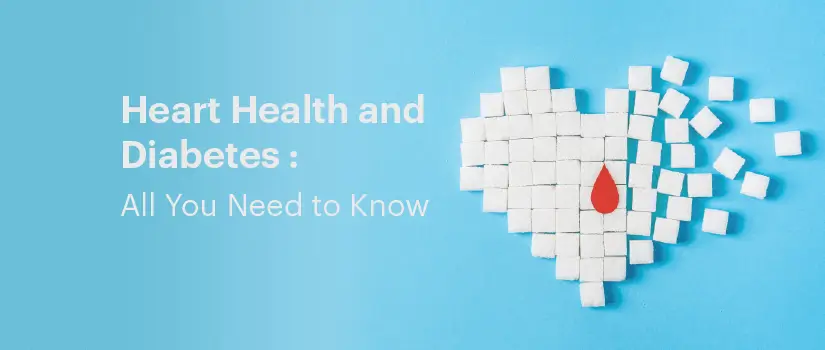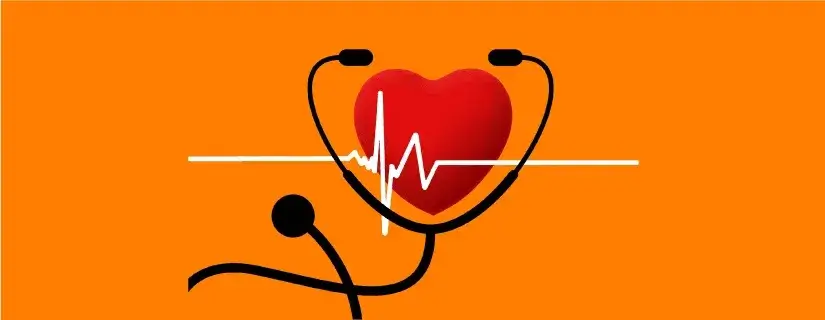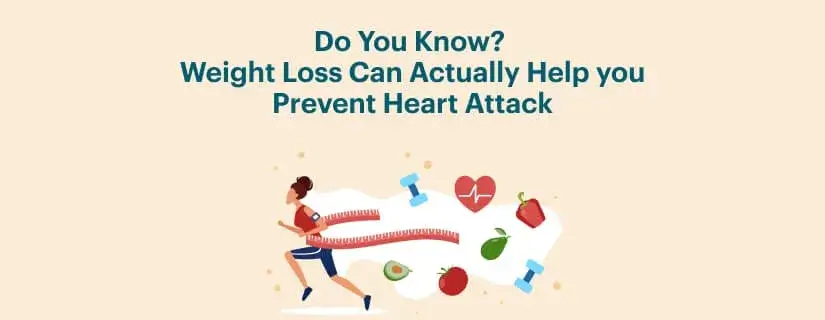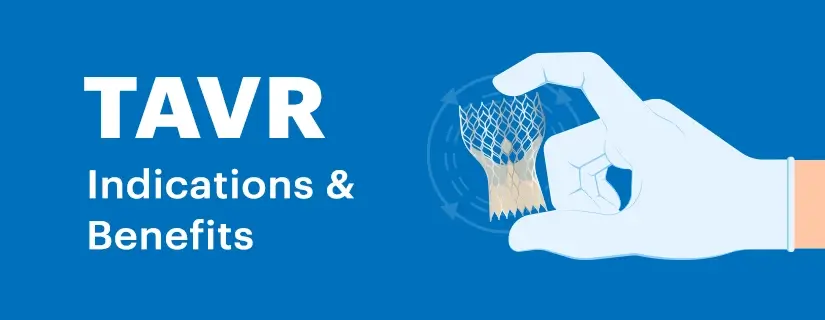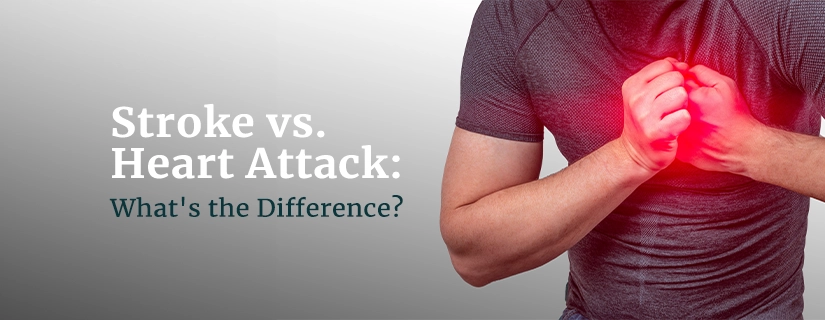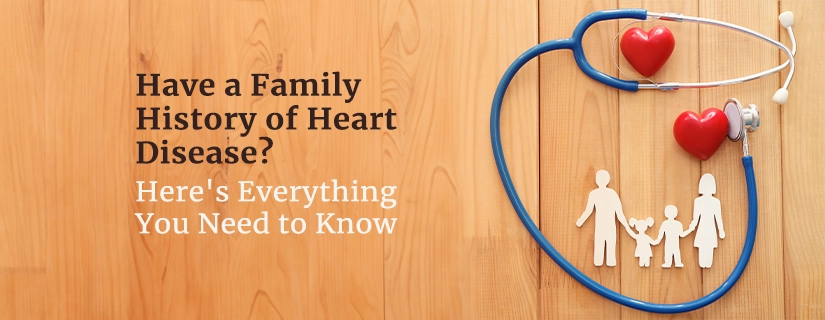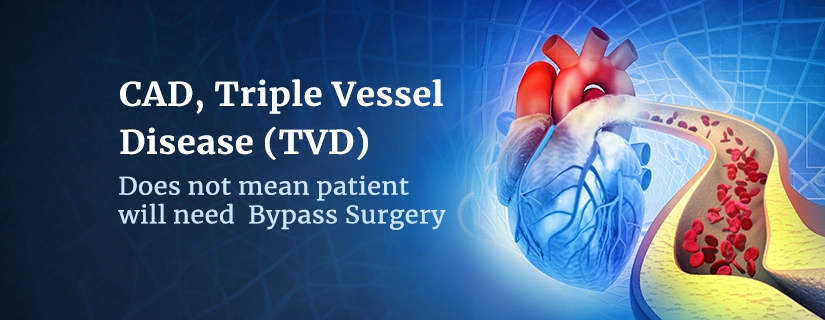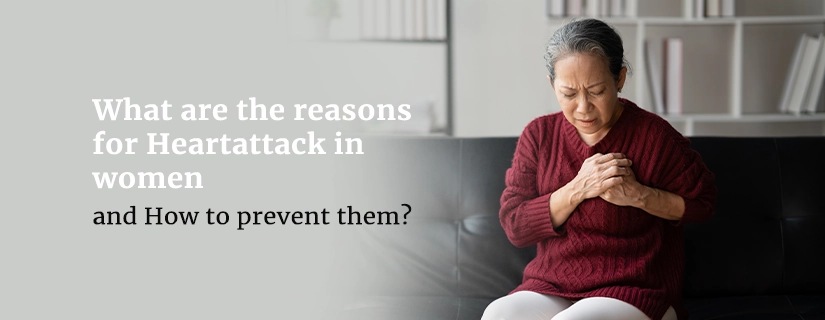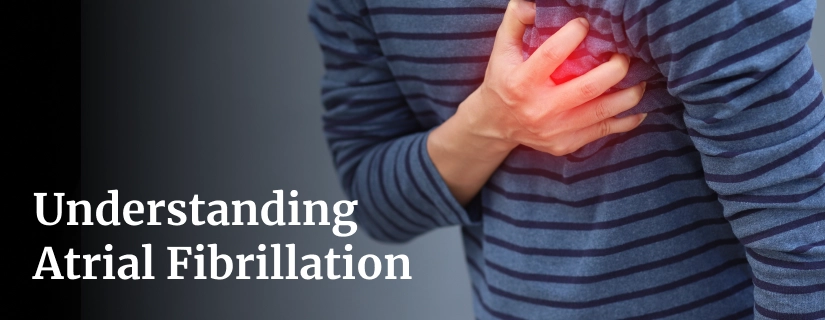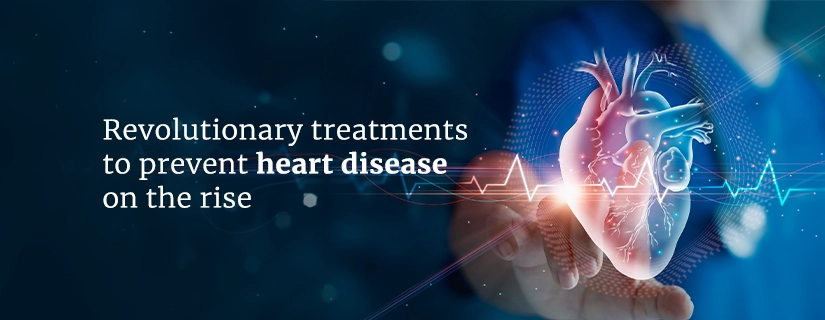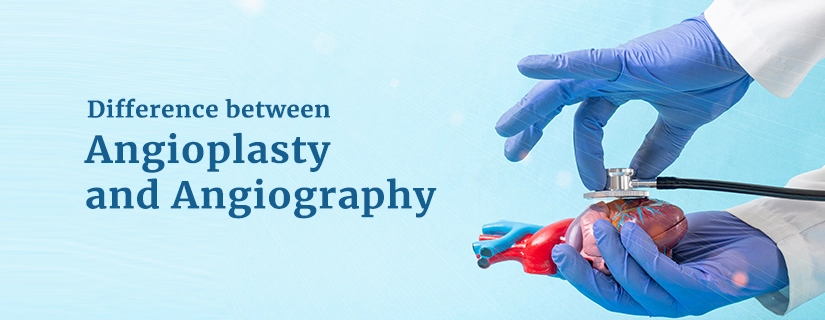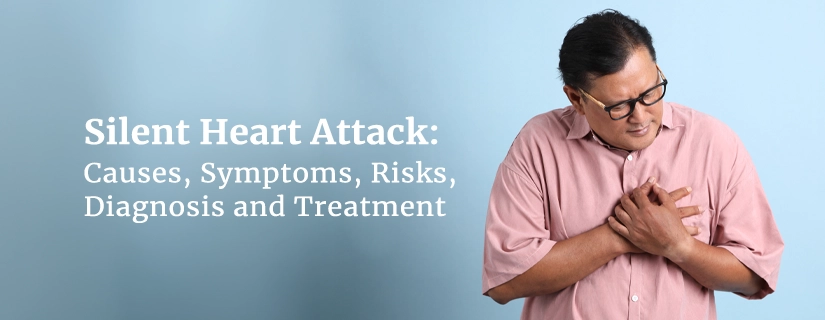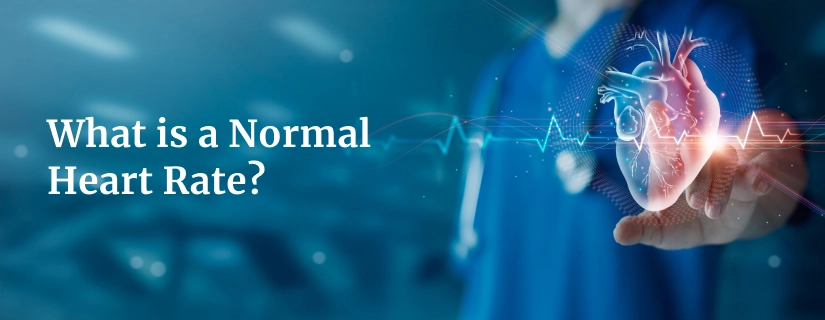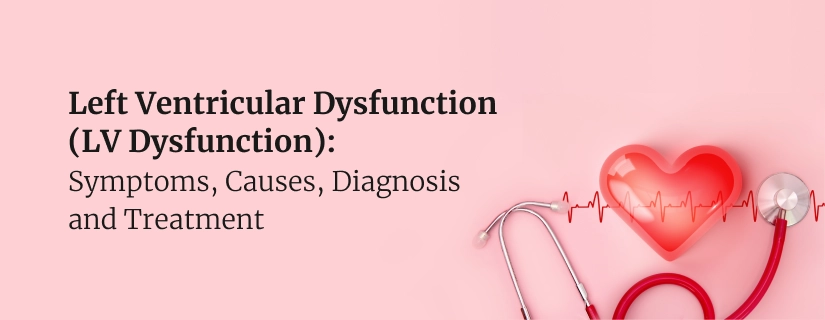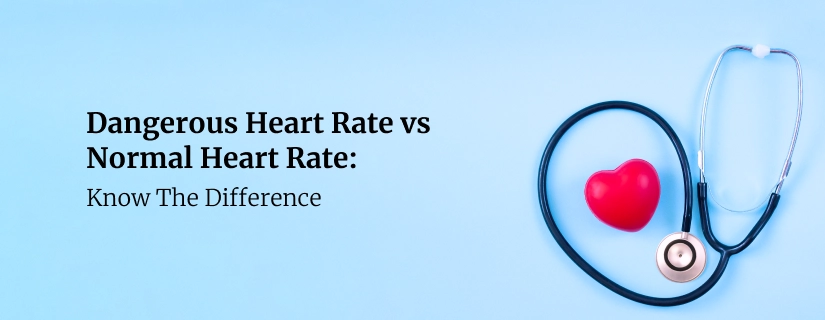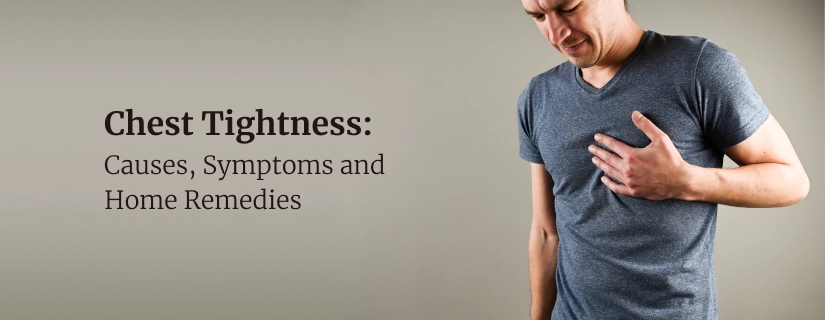-
Doctors
-
Specialities & Treatments
Centre of Excellence
Specialties
Treatments and Procedures
Hospitals & Directions HyderabadCARE Hospitals, Banjara Hills CARE Outpatient Centre, Banjara Hills CARE Hospitals, HITEC City CARE Hospitals, Nampally Gurunanak CARE Hospitals, Musheerabad CARE Hospitals Outpatient Centre, HITEC City CARE Hospitals, Malakpet
HyderabadCARE Hospitals, Banjara Hills CARE Outpatient Centre, Banjara Hills CARE Hospitals, HITEC City CARE Hospitals, Nampally Gurunanak CARE Hospitals, Musheerabad CARE Hospitals Outpatient Centre, HITEC City CARE Hospitals, Malakpet Raipur
Raipur
 Bhubaneswar
Bhubaneswar Visakhapatnam
Visakhapatnam
 Nagpur
Nagpur
 Indore
Indore
 Chh. Sambhajinagar
Chh. SambhajinagarClinics & Medical Centers
Book an AppointmentContact Us
Online Lab Reports
Book an Appointment
Consult Super-Specialist Doctors at CARE Hospitals
Who is at Risk of Getting a Heart Attack?
Updated on 31 July 2019
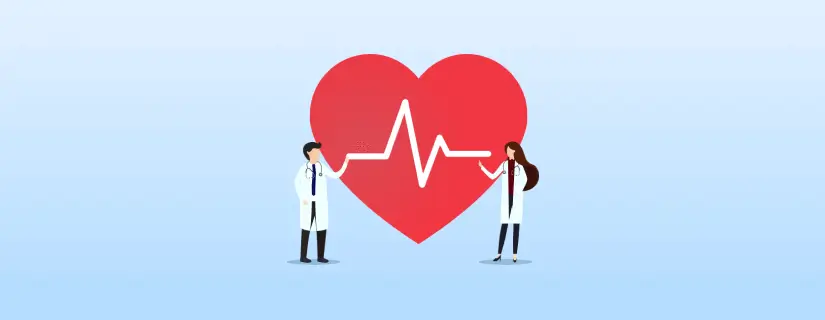
Table of Content
Heart attack is caused by blockage of arteries that supply blood to the heart. This blockage is most often a result of a buildup of cholesterol, fat and other substances in the form of plaque. When this plaque breaks free, a blood clot is formed. Parts of heart muscles are damaged or destroyed due to interrupted blood flow. This can lead to a situation where the person might be required to undergo heart attack bypass surgery. Also known as myocardial infarction, heart attacks can be fatal. Keep reading to learn more about the symptoms of heart attack.
Symptoms of Heart Attack
The most common signs of heart attack include-
- Fatigue
- Cold sweat
- Shortness of breath
- Sudden dizziness and lightheadedness
- Indigestion, nausea, abdominal pain or heartburn
- Tightness, pressure, pain or aching sensation in arms or chest that may lead to neck, back or jaw.
Emergency help must be availed immediately if any of these symptoms persist. The severity or presence of symptoms varies from person to person. Recurrent chest pain or pressure that’s triggered by exertion and relieved by rest are the early signs of heart attack.
Risk factors
There are several risk factors that increase the chances of having a heart attack. These factors are as follows:
- Age
Men above 45 and women above 55 years of age are at a higher risk of developing a heart attack as compared to younger men and women.
- Tobacco Users
Those who smoke or have long-term exposure to second-hand smoke are at a higher risk.
- High Blood Pressure
High blood pressure can cause damage to the arteries leading to your heart.
- High Cholesterol or Triglyceride Levels
While bad cholesterol can narrow down your arteries, good cholesterol helps lower your risk of developing a heart attack. A high level of triglycerides also elevates the risk.
- Obesity
Obese people have high triglycerides, blood pressure and cholesterol levels in their body. Most of them are also diabetic. All these increase the risk of a heart attack.
- Metabolic Syndrome
Metabolic syndrome is often a result of obesity, high blood pressure and sugar. The chances of having a heart attack are doubled in people with metabolic syndrome.
- Family History
If your parents, siblings or grandparents had heart attacks, chances are high you might have it as well.
- Lack of Physical Activity
People who lead an active lifestyle have improved cardiovascular fitness as compared to those who are inactive.
- Stress
Stress leads to conditions that might elevate your risk of having a heart attack.
- Illicit Drug Use
Stimulant drugs such as amphetamines and cocaine can trigger spasms in your coronary arteries that can lead to a heart attack.
- History of Preeclampsia
The condition leads to high blood pressure, especially during pregnancy which increases one’s chances of a heart attack.
- Autoimmune Condition
Conditions such as lupus or rheumatoid arthritis also increase the risk of a heart attack. If you think you are at risk of a heart attack or have faced the symptoms mentioned above, it is important that you consult the experts at the best heart CARE Hospitals. Only the best heart hospitals in India must be trusted for ailments related to the heart.

ENQUIRY FORM
SELECT CATEGORIES
-
Neurosciences (16)
-
Neurology (37)
-
Neurosurgery (14)
-
Orthopaedics (46)
-
Oncology (33)
-
Obstetrics and gynecology (47)
-
Pulmonology (21)
-
Urology (20)
-
Nephrology (13)
-
Psychiatry (7)
-
Dietetics and Nutrition (108)
-
General Medicine (60)
-
Cardiac Sciences (30)
-
Vascular & Endovascular Surgery and Interventional Radiology (10)
-
Gastroenterology (45)
-
Endocrinology (23)
-
Plastic Surgery (10)
-
Critical Care Medicine (5)
-
COVID-19 (16)
-
Dermatology (16)
-
Emergency Care (1)
-
Ophthalmology (4)
-
Pediatrics (14)
-
Laparoscopic and Bariatric Surgery (8)
-
ENT (15)
-
Kidney Transplant (1)
-
Liver Transplantation and Hepatobiliary Surgery (5)
-
General Surgery (3)
-
Internal Medicine (5)
-
Medicine Information
Heart Transplant Risk Factors and Precautions
YOU MAY ALSO LIKE
RECENT BLOGS
-
.webp)
12 Food Triggers for Migraines Headache
19 November 2024
Read More
-

Migraines in Children: Types, Symptoms, Causes and Treatment
19 November 2024
Read More
-
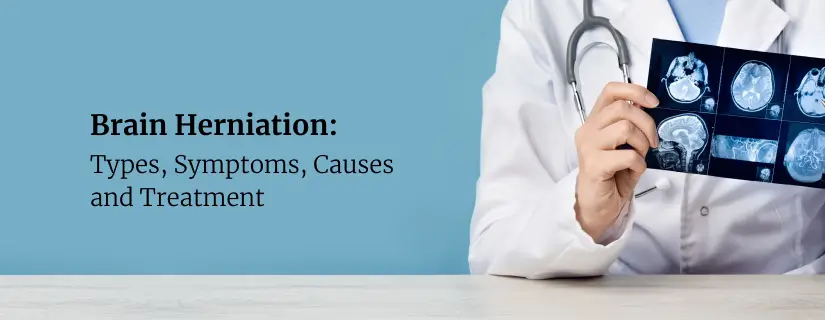
Brain Herniation: Types, Symptoms, Causes and Treatment
19 November 2024
Read More
-

Tension Headache: Symptoms, Causes, Treatment and Home Remedies
19 November 2024
Read More
-
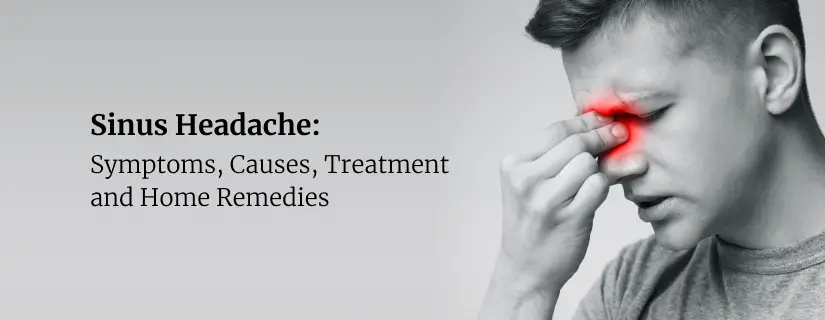
Sinus Headache: Symptoms, Causes, Treatment and Home Remedies
19 November 2024
Read More
-
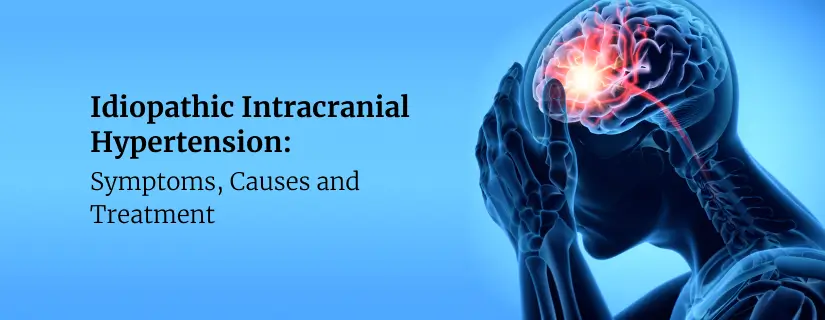
Idiopathic Intracranial Hypertension: Symptoms, Causes and Treatment
19 November 2024
Read More
-
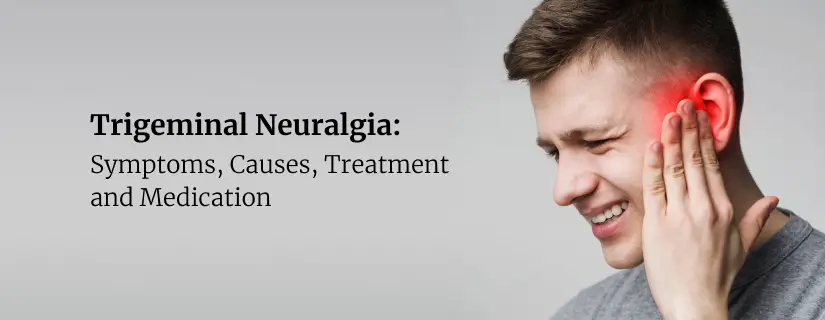
Trigeminal Neuralgia: Symptoms, Causes, Treatment and Medication
19 November 2024
Read More
-
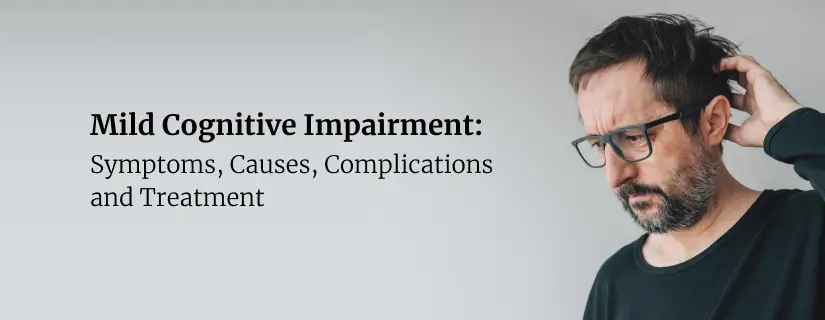
Mild Cognitive Impairment: Symptoms, Causes, Complications and Treatment
18 November 2024
Read More
Have a Question?
If you cannot find answers to your queries, please fill out the enquiry form or call the number below. We will contact you shortly.






